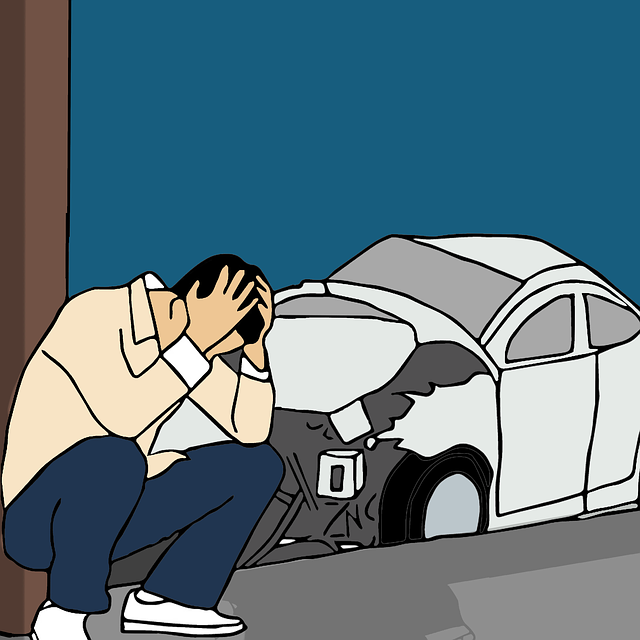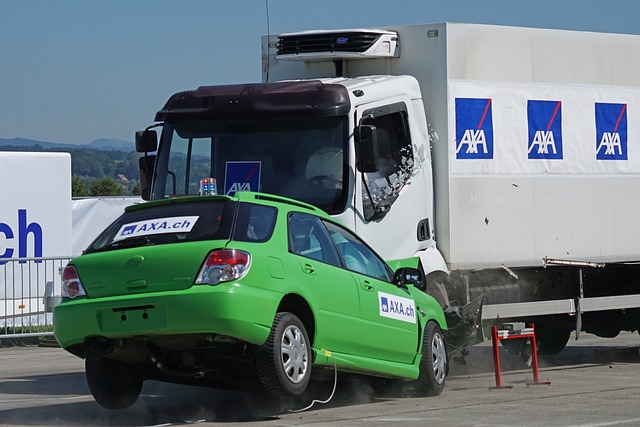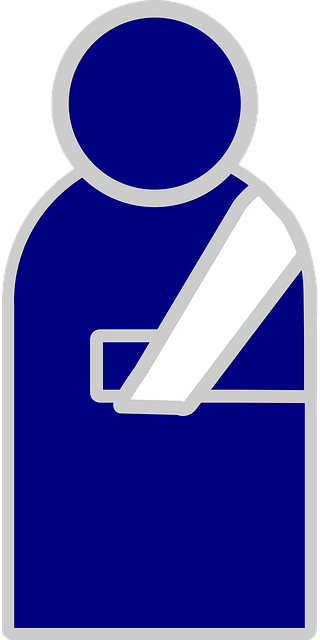Motorcycle accidents often result in significant spinal injuries due to riders' vulnerability, ranging from fractured vertebrae to herniated discs and complete spinal cord injuries. Immediate response is critical, including staying calm, assessing injuries, calling emergency medical services, and ensuring proper breathing and circulation. Early diagnosis and specialized care are essential for improving recovery outcomes. Understanding these injuries is vital for survivors pursuing personal injury claims and navigating breach of contract issues.
In the aftermath of a motorcycle accident, understanding the potential severity of a spinal injury is paramount. This comprehensive guide delves into the types and impact of spinal injuries specifically sustained in motorcycle crashes, emphasizing the immediate response required for emergency care. We explore long-term management strategies, rehabilitation processes, and legal considerations to equip readers with essential knowledge following such traumatic events.
- Understanding Spinal Injuries: Types and Impact in Motorcycle Accidents
- Immediate Response and Emergency Care After a Motorcycle Accident Involving Spinal Injury
- Long-term Management, Rehabilitation, and Legal Considerations for Spinal Injuries from Motorcycle Crashes
Understanding Spinal Injuries: Types and Impact in Motorcycle Accidents

Spinal injuries are a significant concern in motorcycle accidents due to the inherent vulnerability of riders. These injuries can range from mild to severe, with potential long-term effects on mobility and quality of life. In a motorcycle crash, the force of impact often leads to strain or damage to the spine, affecting vital nerve pathways and muscles.
Common types include fractured vertebrae, damaged spinal cords, and herniated discs. A severe spinal injury may result in paralysis below the point of impact, known as complete spinal cord injury. Even partial injuries can cause significant sensory and motor impairments. Understanding these injuries is crucial for survivors seeking personal injury claims and compensation, especially when working with a qualified personal injury attorney to navigate breach of contract issues and secure fair reparations.
Immediate Response and Emergency Care After a Motorcycle Accident Involving Spinal Injury

In the event of a motorcycle accident resulting in a spinal injury, the immediate response and emergency care are paramount to managing the situation effectively. When faced with such an emergency, it’s crucial to stay calm and assess the extent of the injuries. If a spinal injury is suspected, do not move the victim unless absolutely necessary; instead, call for immediate medical assistance. Paramedics or emergency responders will provide initial stabilization to prevent further damage while en route to the hospital.
The priority in these critical moments is to ensure proper breathing and circulation. Emergency care includes advanced life support measures such as spinal immobilization techniques to stabilize the spine and prevent further neurological damage. Time is of the essence, and prompt transportation to a specialized trauma center or hospital with expertise in managing spinal injuries is essential for the best possible outcome. Additionally, if there are signs of nursing home neglect or abuse leading to a spinal injury (a rare but concerning scenario), it’s crucial to contact a car accident attorney specializing in such cases to ensure justice and proper care for the victim.
Long-term Management, Rehabilitation, and Legal Considerations for Spinal Injuries from Motorcycle Crashes

Spinal injuries from motorcycle accidents are serious matters that require immediate attention and long-term management. Understanding the types of spinal injuries, their impact, and the appropriate emergency care is crucial for a positive outcome. After initial treatment, rehabilitation plays a vital role in restoring function and improving quality of life. Additionally, those affected by such injuries should be aware of legal considerations to ensure they receive fair compensation. By staying informed about these key aspects, motorcycle riders can better navigate the challenges associated with spinal injury and access the resources needed for recovery.






